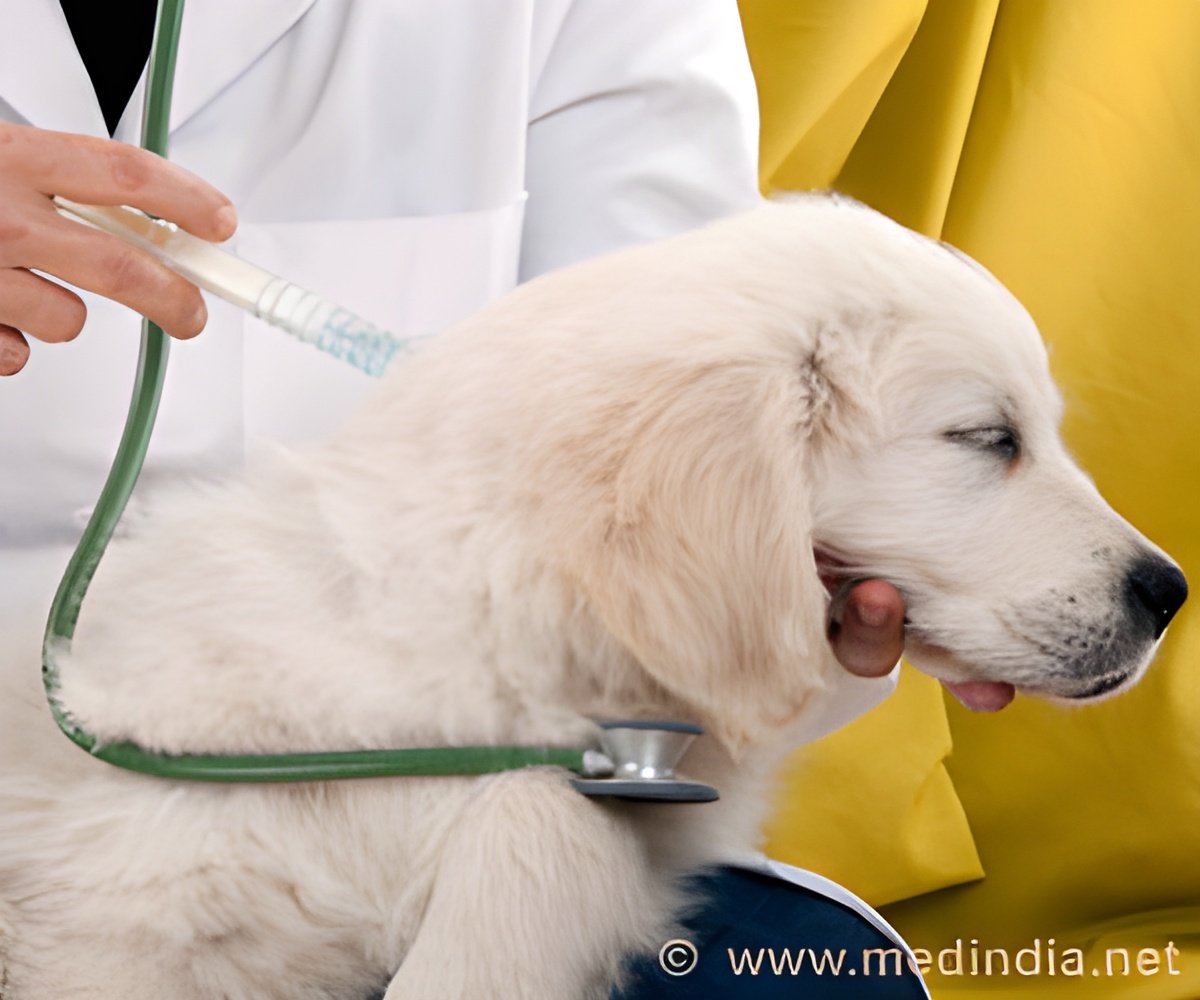Novel technique offers stem cell generation from the blood samples of dogs, which seeds the hope to advance regenerative therapies in veterinary medicine.

‘Novel technique offers stem cell generation from the blood samples of dogs, which seeds the hope to advance regenerative therapies in veterinary medicine. This would enable veterinarians to reverse incurable conditions in dogs, soon. Further research into regenerative therapies for canines, might also help find treatments and even cures, for some of the diseases that still plague humanity.
’





The differentiation of the stem cells can be guided to produce desired cell type and regenerate damaged tissues, upon their transplantation. These potentials of stem cell therapy in reversing the course of various complex diseases are lacking in dogs. Development of a novel technique now offers stem cell generation from the blood samples of dogs, that seeds the hope to advance regenerative therapies in veterinary medicine, by a team of scientists from Osaka Prefecture University in Japan, published in the journal Stem Cells and Development.
Regerantive Therapy in Veterinary Medicine
The team had been working on isolating "induced pluripotent stem cells" (iPSCs) from canine blood samples. iPSCs are a type of stem cell that can be "programmed" from a developed (or "differentiated") cell by introducing a specific set of genes into them.
These gene-encoded specific proteins called "transcription factors," that can mature into various cell types. "We successfully established an efficient and easy generation method of canine iPSCs from peripheral blood mononuclear cells. It may be possible to perform regenerative medicinal treatments in dogs", says Dr. Shingo Hatoya, Associate Professor from Osaka Prefecture University.
Advertisement
These cells were then grown in a special type of medium that contained various factors enhancing their pluripotency (including a "small-molecule cocktail" ). The team thereby successfully paved the way for an easy stem cell therapy technique by developing the germ layers, which form the basis of all organs.
Advertisement
The study affirms that further research into regenerative therapies for canines might help find treatments and even cures, for some of the diseases that still plague humanity.
Source-Medindia












